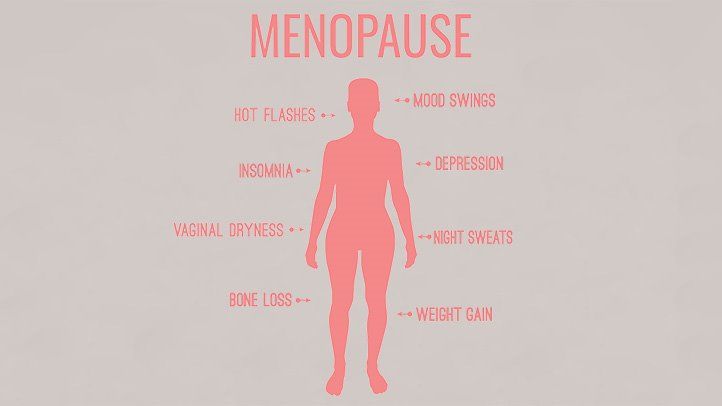Overview of Menopause

Menopause is a natural biological process that marks the end of a woman’s reproductive years. It is defined as the permanent cessation of menstrual periods for at least 12 months, and typically occurs in women between the ages of 45 and 55.
During menopause, the body’s production of the hormones estrogen and progesterone declines, leading to a range of symptoms. Some of the most common symptoms of menopause include:
- Hot flashes and night sweats
- Vaginal dryness and discomfort during sex
- Mood changes, including irritability, anxiety, and depression
- Sleep disturbances, including insomnia
- Decreased libido and sexual function
- Weight gain and changes in body composition
While menopause is a natural process, it can also increase the risk of certain health conditions, including osteoporosis, heart disease, and urinary incontinence.
Treatment options for menopause vary depending on individual symptoms and health history. Some women may benefit from hormone replacement therapy, which involves taking medications to replace the hormones that the body is no longer producing. Other treatment options may include lifestyle changes, such as regular exercise and a healthy diet, as well as medications to address specific symptoms, such as vaginal dryness or sleep disturbances.
It’s important for women to speak with their healthcare provider about menopause and any symptoms they may be experiencing. With proper management and treatment, women can navigate menopause with greater ease and maintain their overall health and well-being.
